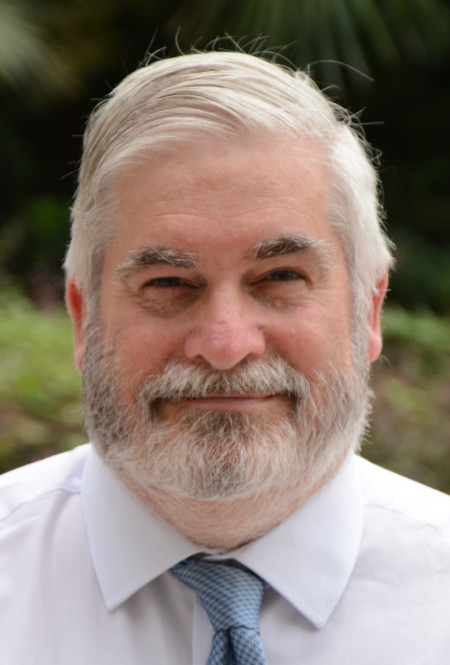
Dr Duncan Banks
Senior Lecturer In Biomedical Science
Faculty of Science, Technology, Engineering & Mathematics
Biography
Projects
Consortium for Development of Sustainable Research Based Fellowship Training on Infectious Disease Epidemiology and Biostatistics in Africa
Emerging and re-emerging infectious diseases (EREIDs), epidemics and disasters are evolving global health challenges, especially in weak health systems which have remained highly vulnerable to these public health threats. EREIDs may arise from any viral, bacterial, fungal, protozoal, helminthic or prion pathogen. In addition, the growing burden of antimicrobial resistance (AMR) continues to threaten or reverse gains in the control of existing infectious diseases. The prospects through EDCTP - II are a prolific ground for the Consortium for Development of Sustainable Research Based Fellowship Training on Infectious Disease Epidemiology and Biostatistics in Africa (IDEA Fellowship) to attain its vision on "Strengthening capacity building in infectious disease field epidemiology through pragmatic fellowship training in Uganda”. The overarching objective of the IDEA Fellowship Programme is to train the next generation of infectious disease field epidemiologists capable of responding to disease outbreaks, surveillance, and moving data into practice.
Designing wearable activity monitoring technologies that work well for older users and carers
This project aims to promote knowledge exchange between academics, industry, business, service providers, and users of wearable activity monitors – especially older users. It builds on and uses data gathered recently about responses to wearable activity monitoring for people aged over 55, and the potential of using these devices for self-monitoring of activity and health as part of an Active and Health Ageing agenda. Given the UK’s ageing profile, there is an increasing focus on maintaining health in later life, and encouraging physical activity is an important part of this. Despite the spreading use of wearable activity monitors by older adults (e.g. provided as gifts by concerned relatives), the functionality of these devices is not informed by the kinds of activities that older people undertake, or the effects of various conditions and disabilities. Nor are they designed for or marketed to older customers. This project uses the knowledge gained to date to start a dialogue between academia/industry/users to improve activity monitoring technologies so that they work well for older users – and, in doing so, probably work better for everyone. The original research that this new project will be based on was conducted by The Open University in close cooperation with AgeUK Milton Keynes and was funded by Sir Halley Stewart Trust (http://www.shaileyminocha.info/digital-health-wearables/). It included consultations with older and younger users of activity monitors, and health professionals and carers who might be interested in data from activity tracking. We looked at the practicalities of using these devices, and what people felt about sharing data or not. We will be collaborating again on this new project, and together we want to include people from statutory and voluntary groups that have a contribution to make in discussions around design, accessibility, affordability and access for all including older users and people with specific needs.
Development of a proangiogenic tissue matrix regenerative scaffold
Creation and development of a fibrin-based pro-angiogenic tissue matrix type scaffold. The goal is optimise the strutcure of the material to support mesenchymal stem cell pro-angiogenic and immuno-modulatory function for dermal and connective tissue reconstruction of chronic ulcers. The project involves a collaboration between the OU, the Institute of Biomedical Engineering at UCL (UCL IBME) and Cells for Cells, a Chilean Cell therapy company (C4C) spun out from University of Los Andes (UANDES) managed by a grant adminstration compay, Regenero.
Publications
Journal Article
Use of menstruation and fertility app trackers: a scoping review of the evidence (2021)
Safety of medicines and the use of animals in research (2011)
Colostrinin™ alleviates amyloid-β induced toxicity in rat primary hippocampal cultures (2010)
Education and training for people working with and caring for those with diabetes (2007)
Other
Work-based learning interventions for antimicrobial stewardship: a systematic review (2023)
Presentation / Conference
Social isolation and loneliness in people aged 55 and over in the UK (2016)
Social isolation and loneliness in people aged 55 and over in Milton Keynes: the way forward (2016)
Investigation of the mechanism of action of Colostrinin(TM) on neurons in culture (2006)
Report
Social isolation and loneliness in people aged 55 and over in Milton Keynes (2015)